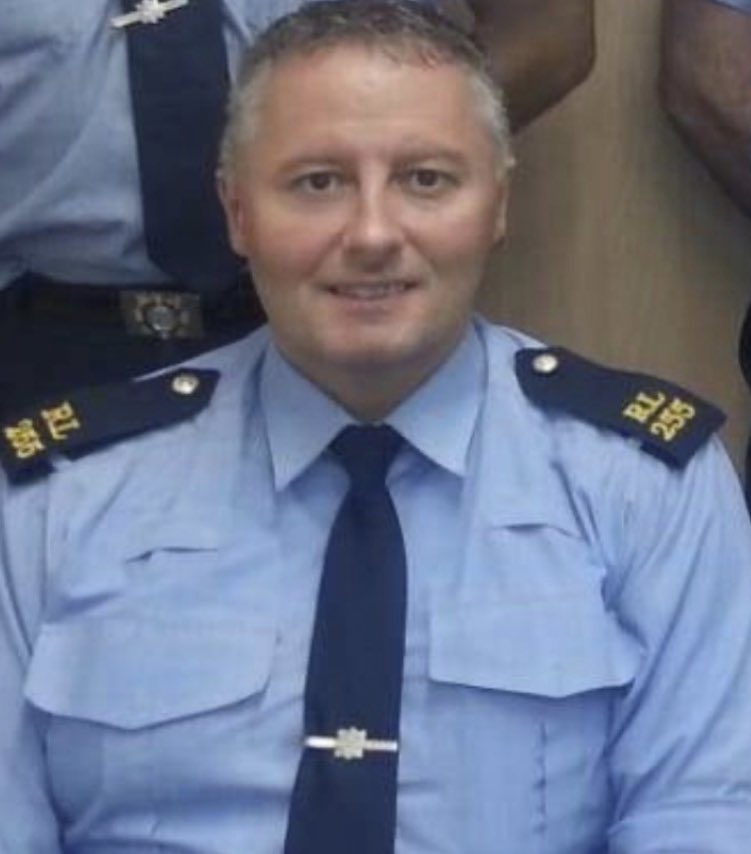By Charlotte Webster-
The Chair of the Police Federation has called for suicide prevention training, after five police officers committed suicide.
David Threadgold was speaking at a Scottish Parliament meeting of the Criminal Justice Committee on Wednesday (June 28), which examined the rate of police officer and staff suicides.
It follows the suicide of five Police Scotland officers have committed suicide in the past three years and Federation chair David Threadgold says the tools to make “positive interventions largely do not exist”.
He said there was a lack of suicide prevention training at all ranks, and that he had heard from managers who had had “zero training” in the identification of issues and concerns about their staff, adding: “That would be my own experience since I’ve been promoted within the organisation as well.”
Mr Threadgold said: “A document giving suicide guidance is not suicide prevention training.
“The questions that I have asked around the awareness of supervisors right through the ranks across Scotland – the information that they have… the tools that they have to be able to make positive interventions in this area – largely do not exist, as far as they are concerned.
“They are only ever reacting to situations based on instinct, rather than necessarily based on training. I think that is a key area that we need to address.”
In addition, the Employee Assistance Programme (EAP) was “not fit for purpose”, he said, adding that policing had a lot of work to do to make sure there is appropriate mental health support that is actually used by officers.
Mr Threadgold said there was currently a “distinct lack of engagement” with wellbeing programmes among officers in Scotland, “either due to the perception that people are embarrassed to seek that type of help, or they don’t want to because they feel that they’ll be stigmatised by their colleagues and others”.
When the EAP failed to help officers, they were often referred to charities for assistance. But Mr Threadgold said: “We already have evidence [that charities] have become overwhelmed and have asked us to stop referring so many people to them because that is not their core function.”
He also told the committee of the “relentless nature of policing” and growing demand in the service. ‘Wellbeing champions’ were “grossly underused,” he said, adding: “I know there is some work ongoing to refresh that programme, but at the moment, as a tool to prevent police officer stress that may well escalate to suicide, it doesn’t exist.”
“The reality is that so much of the change that I’ve no doubt we would all like to see is predicated on the finances being available to deliver it.”
The committee also heard from Scottish Police Authority board member Fiona McQueen.
She said: “We know that we send our police officers and staff into areas that are going to cause stress and distress. What we need to do is pick out areas that are preventable. Lengthy waits in complaints or conduct cases, for instance. Or other areas where there is perhaps discrimination.”
Ms McQueen added: “As science and evidence in this area grows, we know that [suicide] can be prevented in many, many cases, with appropriate intervention.
“What the Authority is expecting of Police Scotland in terms of reporting is to ensure that there is an end-to-end process, from probation to exiting the service.
“We’ll be looking for that as evidence of improved mental health and wellbeing of officers and staff, and reduced harm.”
It is hoped that suicide training will be put on the agenda, after the urgent need for it has now bene brought to attention.




